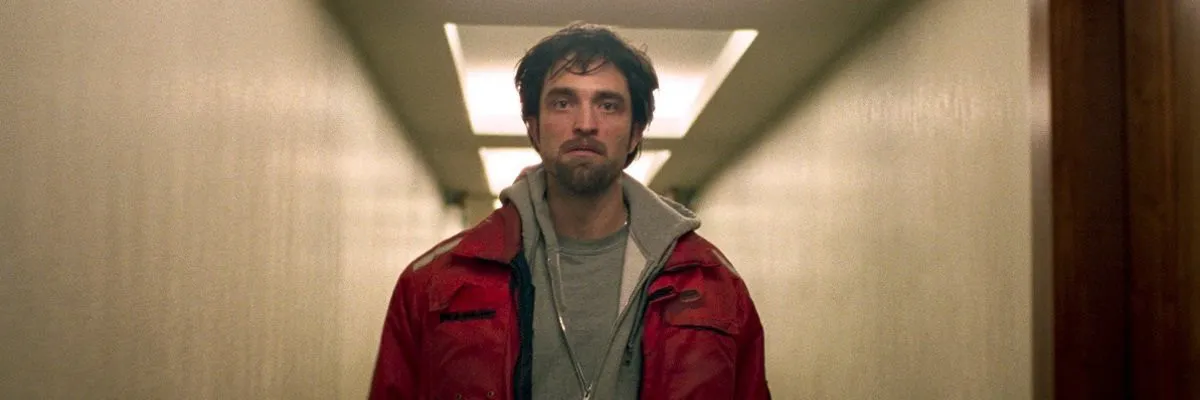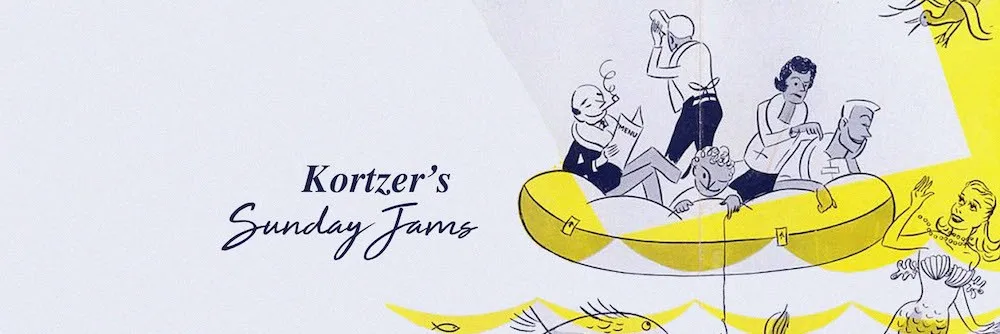 _Film is a visual artform, but music radically alters the tone of those flickering images. In the second edition of Scenes in Sound, we look at Good Time, and the contradictorily compassionate face of toxicity.
_Film is a visual artform, but music radically alters the tone of those flickering images. In the second edition of Scenes in Sound, we look at Good Time, and the contradictorily compassionate face of toxicity.
In a strictly nuts and bolts sense, music’s role in cinema is often a subservient one. A soundtrack is carried along by the ebbs and flows of the on-screen drama, prodding the audience to let them know when they should be in good spirits and when they should be sour; as Hollywood becomes increasingly lazy, a score literally underscores the emotive notes of a film. Think of the modern blockbuster and try to conjure up a moment where the music genuinely led the direction of a scene, or even a single memorable musical motif. There’s an overriding sentiment in the milquetoast mainstream that soundtracks should be heard, but not listened to.
Two months on from considering how Daniel Lopatin undercut the anxious energy of Uncut Gems (2020), it seemed fitting to further analyse his work on the Safdie Brothers’ previous picture, Good Time (2017). While both films feature abrasive scores by Lopatin, aka Oneohtrix Point Never, the purpose of that abrasion is distinct. Where Uncut Gems is giddy, Good Time is dour, and where Uncut Gems saw Lopatin twist anxiety into cosmic purpose, in Good Time he’s far more in tune with the minute-to-minute seat-of-your-pants propulsion. Subservient, however, he is not.
 The scene that reveals the Safdies’ intentions best is also the final one, a strangely muted segment that doesn’t so much provide a breather from the ragged tension as a more heart-rending form of breathlessness. Connie’s endless machinations have landed him in the very jail he sought to break Nick out of, and Nick is free, but without the one constant you sense he’s always relied on. Forced to attend a group therapy session, he’s markedly alone, framed in the same ultra-tight close-up the Safdies have employed throughout the rest of the film, despite being surrounded by the warm smiles of support workers and new peers. It’s the best possible outcome, but it’s distinctly bittersweet.
The scene that reveals the Safdies’ intentions best is also the final one, a strangely muted segment that doesn’t so much provide a breather from the ragged tension as a more heart-rending form of breathlessness. Connie’s endless machinations have landed him in the very jail he sought to break Nick out of, and Nick is free, but without the one constant you sense he’s always relied on. Forced to attend a group therapy session, he’s markedly alone, framed in the same ultra-tight close-up the Safdies have employed throughout the rest of the film, despite being surrounded by the warm smiles of support workers and new peers. It’s the best possible outcome, but it’s distinctly bittersweet.
What makes this sequence quite so affecting is the music accompanying it. It’s still Lopatin at the helm, but this time there’s a clearly demarcated structure and melody provided by a slow progression of piano chords. What’s more, there’s Iggy Pop, crooning in his huskiest voice about the power of love. And yet, this is far from your typical ballad. “The pure always act from love/ The damned always act from love,” sings Iggy on the hook, channelling the blunt energy of Lopatin’s earlier compositions into lyrics that directly lay out the thematic centre of the film; no prizes for guessing who’s the pure and who’s the damned in this scenario.
The piano inches in as we watch the therapy group play an ice breaking game of “Cross the Room”. It’s a simple premise—the session leader states a reason to cross the room, and if you agree with the sentiment, you do. When asked if he likes candy, Nick stares blankly into the void; when asked if he’s ever been in love, his eyes quiver slightly, but when asked if he’s ever struggled with his family, he takes that first step. Twinned with Pop’s assertions that even callous acts are premised on love, however misguided, it’s the sign of someone freeing themselves of blame for the actions of someone they love, or at least taking the first steps towards forgiveness.
Still, it’s rarely that easy. By artifice of this scene playing out under the credits, the last shot we see of Nick before the screen cuts to black is a mid-range close-up that slowly zooms in on his face, but his attention is elsewhere, engaged finally with people who have his best interests at heart rather than the distorted facsimile of them. It’s a poignant shot choice that emphasises the small catharsis afforded by self expression. Inevitably though, this minor freedom is tinged with tragedy, its meaning reshaped by Lopatin’s score.
As we zoom in on Nick the same discordant synths that Lopatin has so repeatedly tied to Connie return to the fore, and we hear Iggy’s final words: “Some day, I swear, were gonna go to a place where we can do everything we want to.” That promise of heavenly freedom on the horizon echoes Connie’s motive for the robbery in the first place: getting together enough money for him and Nick to start a new life on a farm in Virginia. If your dreams for the future are entwined with someone toxic, then the very act of turning over a new leaf will always bring them to mind—love like that, however pure, is always fated to be damned.
Written by Blaise Radley
← Back to blog




